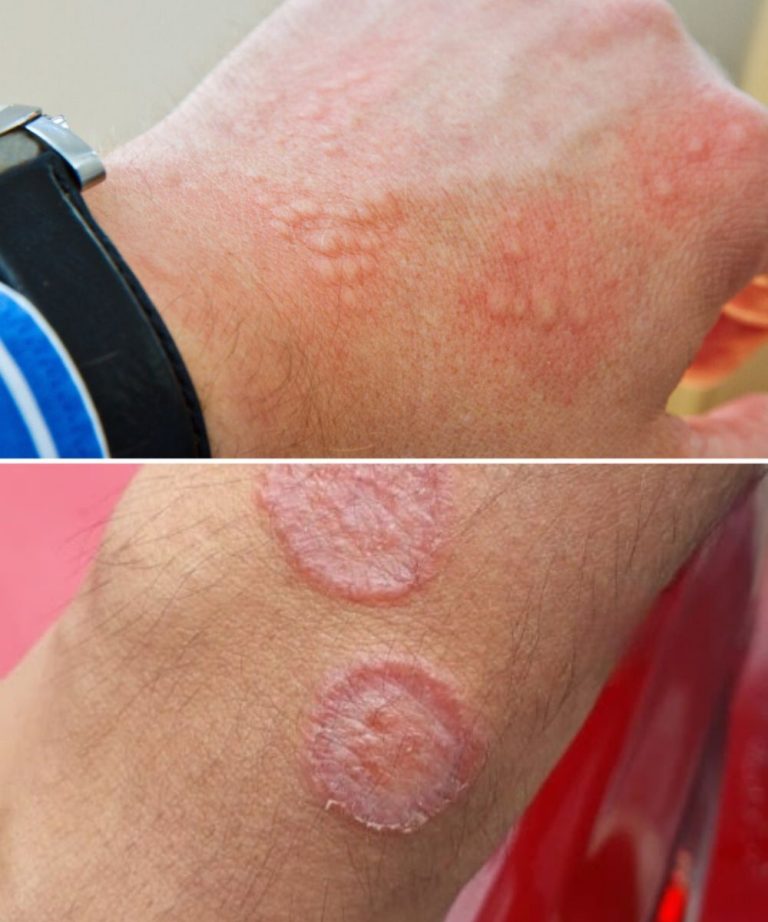Skip to content
When to Visit a Dermatologist
While most cases of irritation are temporary, persistent or severe symptoms should not be neglected. If your skin grows blisters, swelling, pain, or oozing, it may be an infection or an allergic reaction that demands medical treatment. Chronic redness or scaling could also imply an underlying condition like eczema, psoriasis, or rosacea. A dermatologist can offer a proper diagnosis and recommend prescription creams or allergy testing if needed.
Tips to Prevent Skin Irritation
Prevention begins with gentle daily care. Select mild, fragrance-free cleansers and moisturizers designed for sensitive skin. Avoid over-exfoliating or using products with alcohol or acids too frequently, as they can disrupt the skin’s protective layer.
Read more on the next page >>


